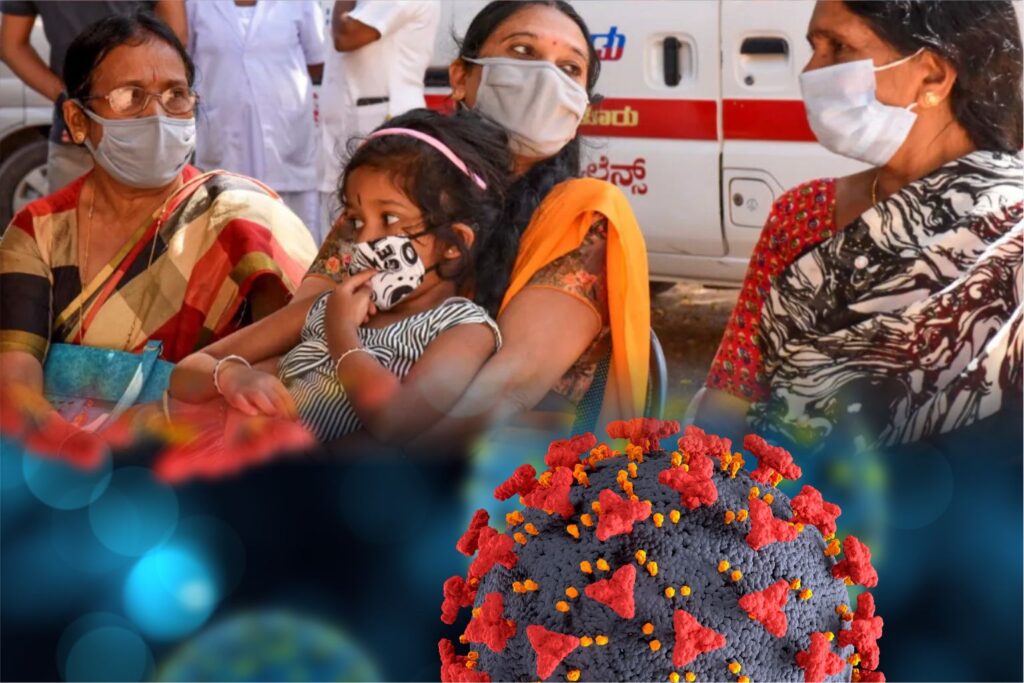
A new COVID-19 variant known as XFG has been detected in 163 cases across India, according to the latest update from INSACOG, the Indian SARS-CoV-2 Genomics Consortium.
The highest number of XFG cases has been reported in Maharashtra (89), followed by Tamil Nadu (16), Kerala (15), Gujarat (11), and six cases each in Andhra Pradesh, Madhya Pradesh, and West Bengal.
Following the report of 306 new infections on Wednesday, the total number of active Covid-19 cases in India surpassed 7,000. Six new Covid-19-related deaths were reported — one each in Delhi, Kerala, Jharkhand and Maharashtra, and two in Karnataka. As many as 7121 active coronavirus infections have been reported across the country.
The XFG variant, a recombinant strain with four key spike protein mutations, has raised global concern due to its rapid international spread since its first detection in Canada, according to a recent report published in The Lancet.
Also Read | Amid COVID-19 surge, Centre asks states to ensure oxygen, bed supply
INSACOG data reveals that 159 of the 163 Indian cases were detected in May, with two in April and two more so far in June, signalling a potential rise in circulation.
Health experts are closely monitoring the variant, urging continued genomic surveillance, vaccination coverage, and public awareness to prevent fresh waves of infection.
Despite a recent uptick in COVID-19 cases across parts of India and Southeast Asia, health experts have urged the public not to panic. According to scientists, the virus has become endemic, evolving into a milder respiratory illness that is less severe than the flu for most people.
Addressing public concerns, experts attributed the recent surge to waning immunity and seasonal factors like extreme temperatures driving people indoors. They emphasised that elderly individuals and those with underlying health conditions should continue to take standard respiratory precautions.
The Indian Medical Association, as well as the Indian Council of Medical Research (ICMR) has reassured the public that the current infections are mild and not a cause for concern.








